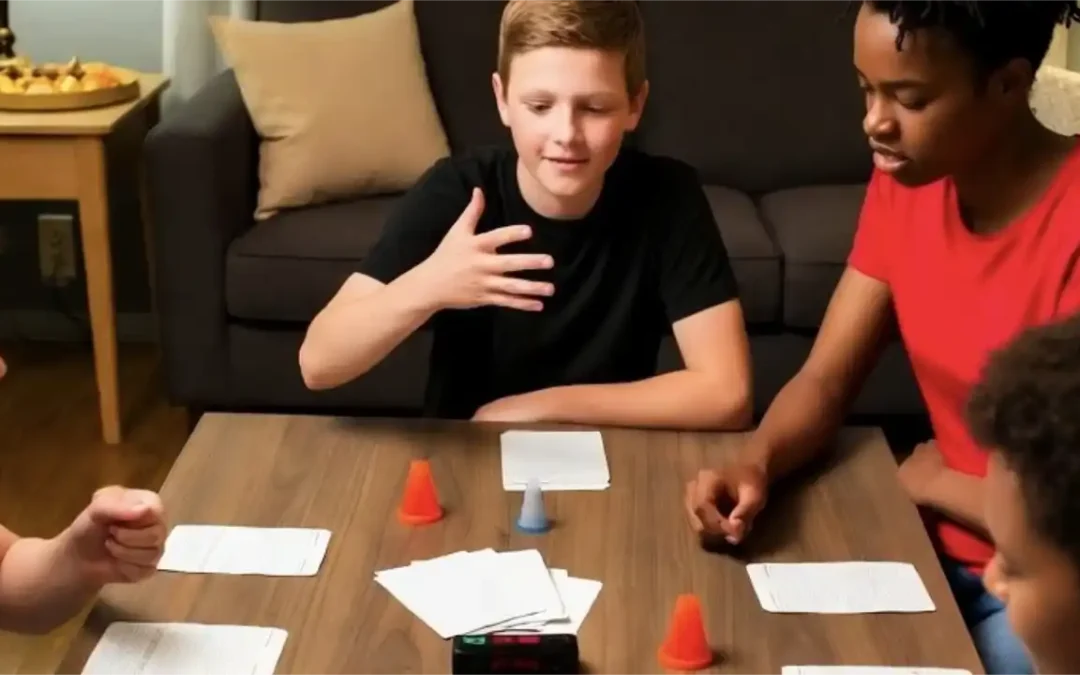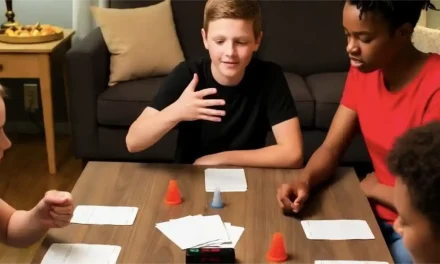
Supporting Group Learning: Join Book Clubs for Peer Debates
W
hen children join book clubs, they learn more than plot points—they learn how to engage in meaningful dialogue. Discussing characters or themes helps them express opinions, challenge ideas respectfully, and listen with care. These moments strengthen not only their comprehension, but their ability to function in collaborative settings like school discussions or group projects. A question like, “What did you think of that decision?” opens the door to reflection and exchange, building skills they’ll carry into any intellectual team.
My son joined a neighborhood reading group and hesitated at first to speak. One day I asked him, “What stood out to you?” He shared a small observation, and something clicked. Over time, he began posing questions, disagreeing thoughtfully, and drawing connections others hadn’t noticed. By the time he joined a school literature circle, he already knew how to make space for others’ voices and still express his own. That quiet growth—conversation by conversation—shaped how he approached every future team.
Invite your child to join or help start a small book group, even with just two or three peers. Rotate who leads discussions or propose roles like summarizer or question-asker. After each meeting, encourage your child to share one idea they found compelling—with you, a teacher, or a friend. These simple routines grow the confidence and clarity kids need to thrive in classrooms, clubs, and any space where thoughtful exchange matters.
Supporting Group Learning

Supporting Group Learning: Balance Rivalry and Teamwork in Quizzes
Quizzes can inspire fun, friendly competition. Learn to balance challenge and cooperation to support confidence and joyful learning.

Supporting Group Learning: Study Together for Peer Teaching
Peer teaching strengthens understanding and communication. Encourage children to explain what they know and learn collaboratively.
Table of contents

Primordial Soup for the Mind: Navigation
Navigate the book Primordial Soup for the Mind.
TIPS
- Ask “What’s the group’s view?” to start debating.
- Praise their teamwork to value their effort.
- Keep a journal for their roles.
- Suggest weekly book club meetings.
ACTIVITIES
- Novel Debate: Discuss a book, ask, “How can you discuss this together?” Work for 15 minutes.
- Poem Share: Analyze a poem, discuss roles, 20 minutes.
EXAMPLE
My daughter led a mystery discussion, saying, “We cracked it!” Her clubs started a reading hobby.

Download “Primordial Soup for the Mind: A Parent’s Guide to Nurturing Intellectual Growth”
Enter your information to get this article and hundreds more as part of the FREE book Primordial Soup for the Mind.
Share your thoughts with the Thought Academy community in the Comments section below.

Sharpen those skills!
Enter your information to get our FREE practice exercises so you can hone your critical thinking and reasoning skills!







0 Comments